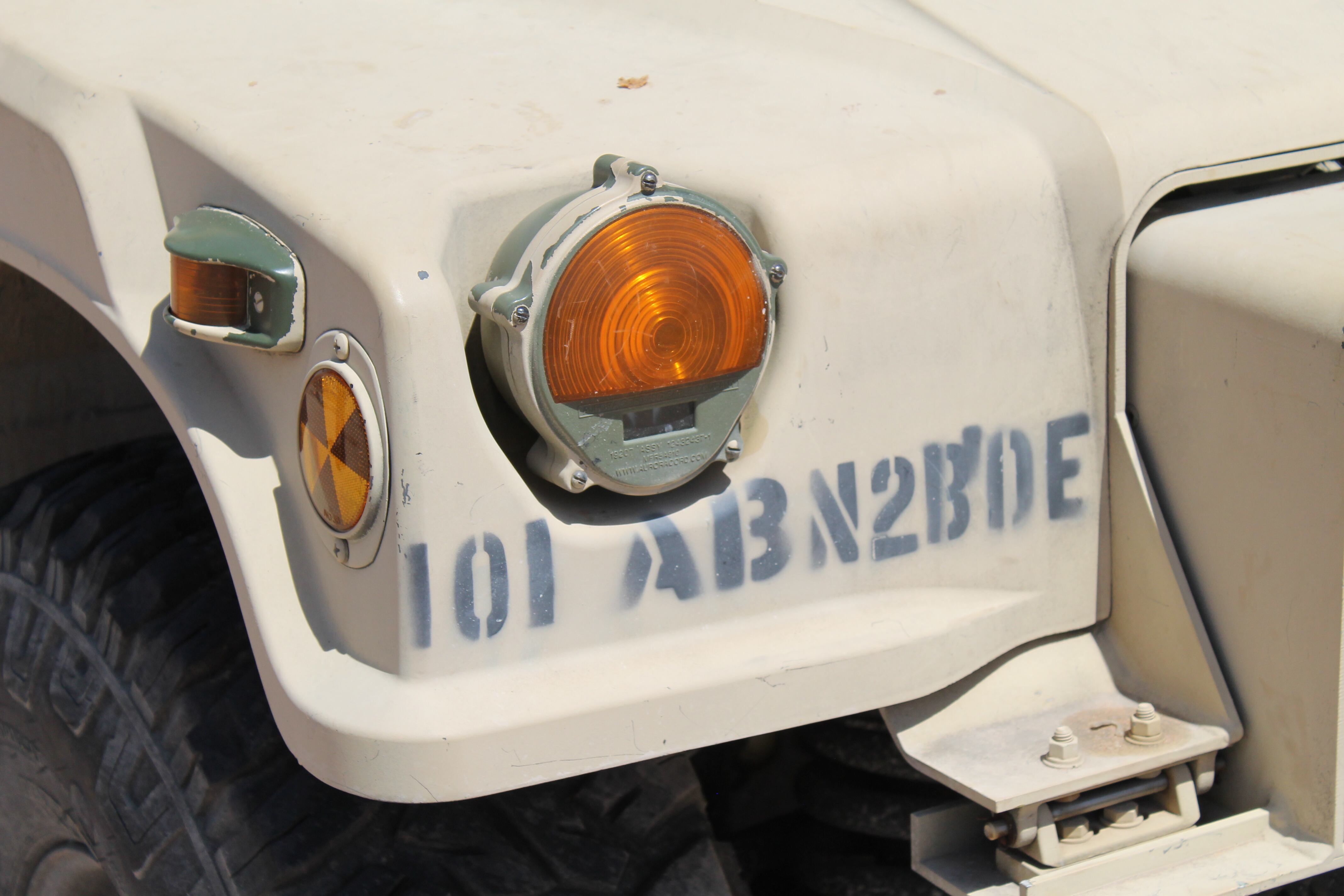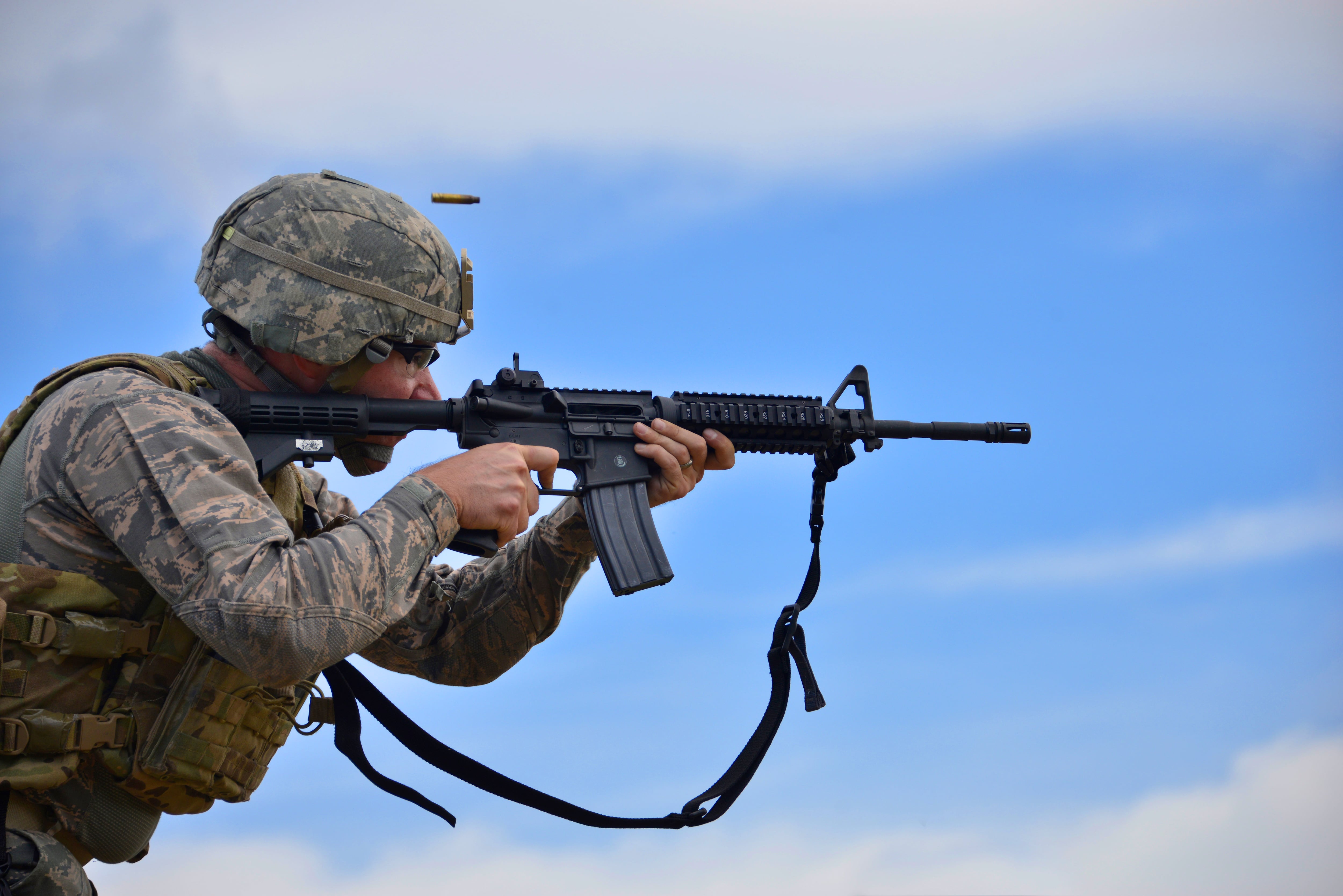A Hofstra University student's two-year struggle to enter his school's ROTC program while maintaining the long hair, beard and turban that symbolize his Sikh faith took a major step forward Friday, when a judge ruled the Army should accommodate his request for a religious waiver to grooming standards.
Iknoor Singh, a junior who speaks multiple languages and said he wishes to serve as a military intelligence officer, plans to apply for admission in the fall semester, said Manmeet Singh, a lawyer with United Sikhs who worked on the case.
"We hope the Army will comply with the court's decision and allow him to enroll," Manmeet Singh said Monday. "All he has been given is an opportunity to compete for a commission. This is fair play."
The ruling, issued by U.S. District Court Judge Amy Berman Jackson in Washington, D.C., is limited to the ROTC program only, not guaranteeing Singh a permanent waiver should he become eligible for a commission. It cites previous exemptions to grooming regulations — not just for the few Sikhs in service, but for other religions and for shaving profiles, more than 100,000 of which have been issued since 2007, the ruling states.
"The relief plaintiff seeks ... would not require the Army to guarantee him a commission, or even a contract," Jackson wrote, "and it stops far short of the permanent relief the Army has granted to tens of thousands of soldiers for medical and religious reasons."
The ruling was "kind of surreal," Iknoor Singh told The Associated Press. "This is something I have been fighting for for two to three years. I'm excited and nervous; very excited to learn."
Asked whether the Army would abide by the order, Army spokesman Lt. Col. Ben Garrett said the service is "examining the court's ruling," and that it "takes pride in sustaining a culture where all personnel are treated with dignity and respect and not discriminated against based on race, color, religion, gender and national origin."
A long process
Iknoor Singh requested a religious accommodation waiver in April 2013 but was denied by the enrollment officer at the New York school's ROTC program, according to the court's ruling. An appeal to the department chair later that year was denied; a general officer denied a subsequent appeal in early 2014.
In October of that year, Lt. Gen. James McConville, Army deputy chief of staff, G-1, rejected another request, saying a waiver could not be offered until Singh had enrolled in ROTC, meaning the student would have to shave his beard, cut his hair and remove his turban before requesting to keep all three. The decision created a "classic Catch-22," said Arthur Spitzer, legal director of the American Civil Liberties Union of the Nation's Capital, which stepped in to assist with the case.

After the suit was filed, the Army accepted Singh's application, according to the ruling, then denied his request for religious accommodation via a seven-page letter from McConville. The letter cited concerns about health and safety, unit cohesion, and readiness, among others.
The judge ruled that McConville's arguments "do not withstand strict scrutiny," citing the existing grooming exceptions, the lack of tactical operations performed by ROTC cadets (which might require removal of facial hair for safety reasons) and, most extensively, the honorable service performed by other Sikhs who'd received such exemptions.
"[T]he undisputed evidence in the record indicates that each of these men served – or are serving – with their articles of faith intact without any of the negative consequences that defendants predict would flow from granting a similar exception in this case," the judge wrote, citing multiple praise-filled performance reviews of Sikh officers and enlisted soldiers, and the Bronze Star Medal earned in Afghanistan by Maj. Kamaljeet Singh Kalsi, a Sikh doctor now in the Army Reserve.
"The praise heaped on each man's service – including, in particular, for their discipline and leadership – stands in stark contrast to LTG McConville's conclusion that permitting plaintiff to maintain his articles of faith would undermine the quality of his training, unit cohesion and morale, military readiness, and the credibility of the officer corps," the ruling states.


Manmeet Singh, the United Sikhs lawyer, said Iknoor Singh remains committed to service, and has been auditing classes he wasn't permitted to enroll in.
"This was a last resort," he said of the lawsuit. "He could do nothing else whatsoever to get relief."




